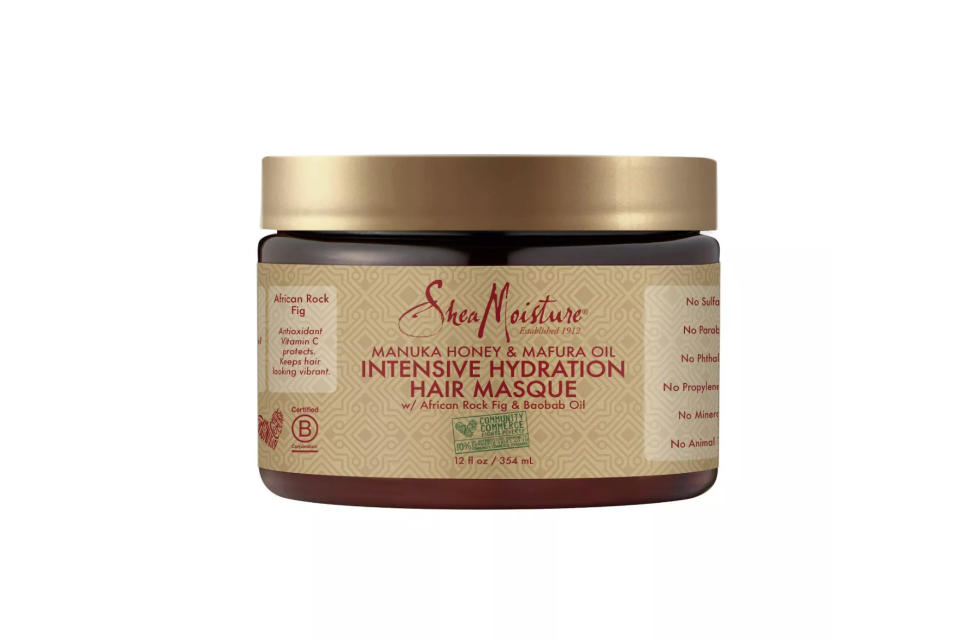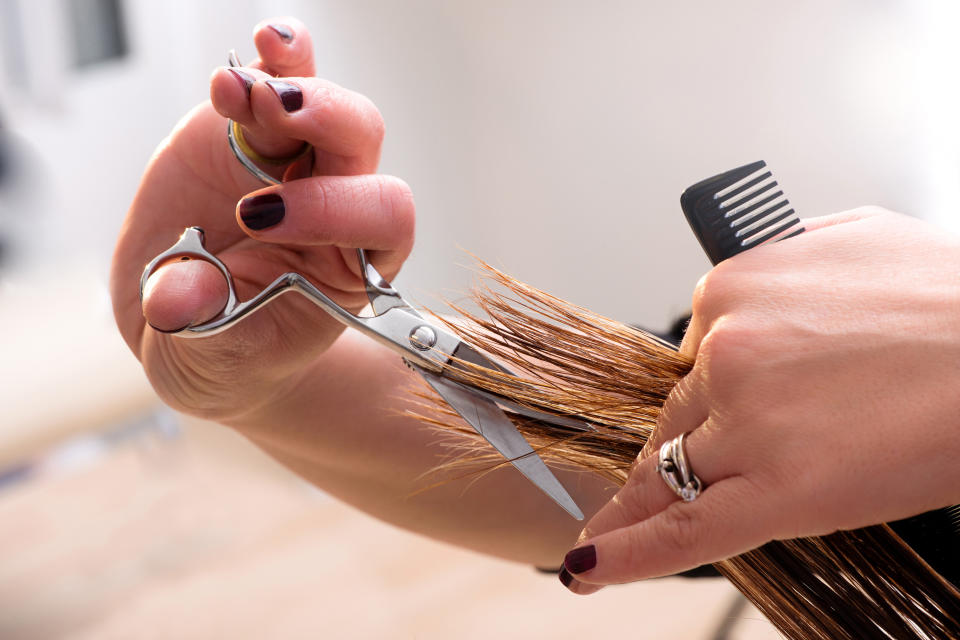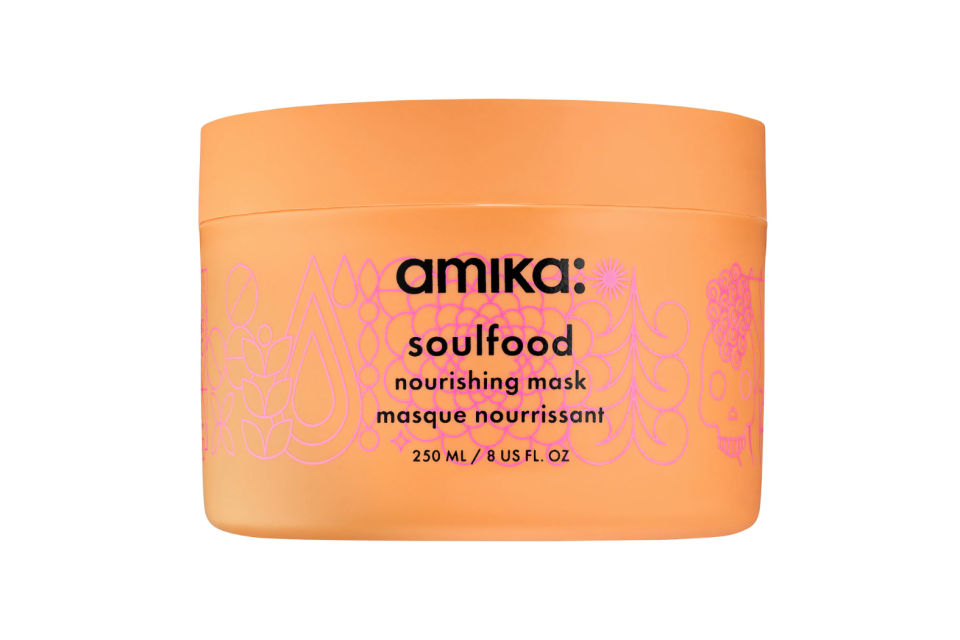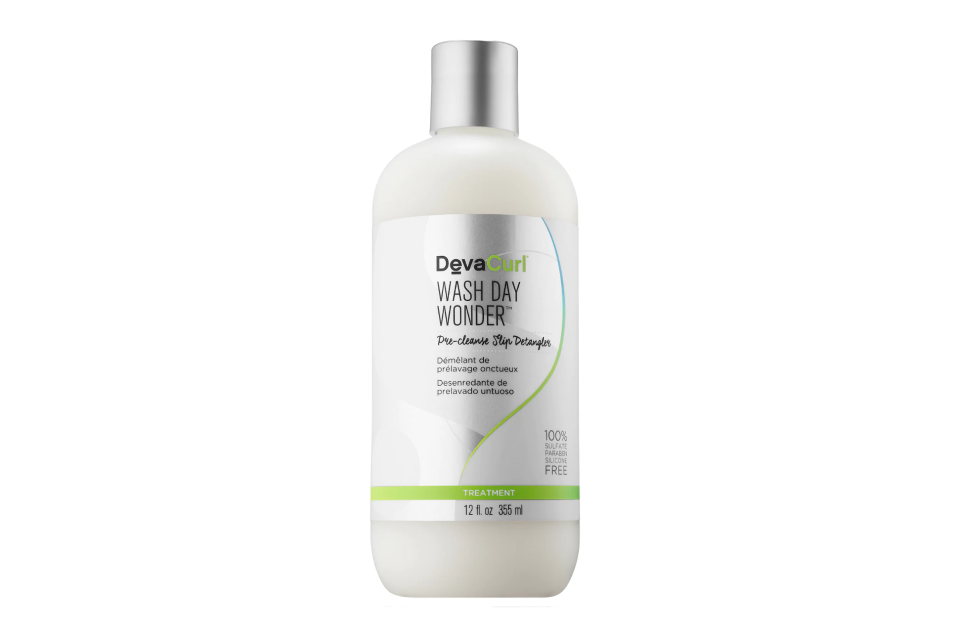Here's what your hair can tell you about your current state of health
Admit it—we’ve all dreamt of having luscious, healthy locks that glisten in the sun as we walk down the street in slow motion to our favorite song. However, for this to become a reality, maintaining our hair’s health and body is key.
If you’re a frequent driver, picture your hair as a gas light that goes on or off when your body is healthy or lacking the essential nutrients it needs. According to Arielle Levitan, M.D., an Illinois-based internist, the state of your hair can reflect many things about your health. Hair maintenance isn’t an easy feat, but it’s necessary.
True, we can’t rely solely on our hair to give us answers we need—but the good news is, whether it’s a positive sign, or a negative sign, it’s a sign, nonetheless. Signs are the first visible and precautionary steps to taking action. While some signs may not be as serious, playing Russian roulette with your health, or with the state of your hair is never a good idea.
If and when serious health issues arise or your body is lacking much-needed vitamins and minerals, listening to your body and knowing the signs can surely mitigate symptoms before they escalate. If you’re thinking, “My hair always sheds, why should I worry?” What if there’s a quick fix to your frequent shedding like amping up your vitamin C intake and drinking more water? Trust us, we get it. As much as we love a good glass of H2O, we still crave a piping hot cup of coffee, or a smooth glass of wine too. Rest be assured, balance is everything.
Below are four significant signs to look out for when maintaining your hair, and tips on what to do if or when you run into them!
1Dryness
Dry hair can be caused by a number of internal, and environmental factors. If your hair is super frizzy, itchy, or is lacking definition—don’t fret just yet. Blistery weather conditions during the winter months can be really drying on the hair. If you suspect that weather is the culprit, give your hair some much needed TLC by deep conditioning with DevaCurl’s Melt Into Moisture Conditioning Mask or Shea Moisture’s Intensive Hydration Hair Masque.

Salon owner Candace Witherspoon says more hydration is the answer to dryness caused by external factors: “Oftentimes the hair gets dry faster because of the lack of hydration during the conditioning process.” This works for all hair types, especially super curly 4A–4C textures.
undefined
If your hair is still dry and brittle despite regular at-home treatment, she suggests consulting with your physician to rule out any health concerns.
2Shedding
According to Dr. Phipps, it’s normal to lose up of 150 strands of hair a day due to the natural life cycle of the hair follicle. That sounds like good news, right? Yes, but while it’s completely normal to shed every day, the biggest sign of underlying health issues or improper hair maintenance is excessive shedding, which in medical terms is called “telogen effluvium.” Witherspoon says all excessive shedding, across all hair types, should be taken care of immediately. However, if you’re losing more hair than normal you shouldn’t fret: “Often, it’s because you need a haircut or you’re using the wrong products for washing or styling your hair.”

If your hair is shedding at an alarming rate, this can also be a sign of something far more serious. “Conditions or events that can cause this excessive shedding sometimes include extreme weight loss or extreme change in diet, hormonal changes as seen with pregnancy or menopause, surgery with general anesthesia, major physical or psychological trauma, high fever, severe infections, or other chronic illnesses,” explains Dr. Phipps.
3Breakage
According to Witherspoon, breakage is an important sign that, once noticed, should be handled swiftly and efficiently. “Once the hair starts to split at the ends, it will continue to go upward which will cause more damage and breakage,” she says. She also suggests putting yourself on a “healthy hair schedule” to keep your mane in tip-top shape.
“Deep conditioning is really important, so do it once a week. Then, use healthy products for your hair. No sulfates, silicones, or parabens—it makes a world of a difference.” Try products like DevaCurl’s sulfate-free Low-Poo Delight for 2A–2C textures, Original No-Poo Cleanser, and One Condition Conditioner for 3A–3C textures when it’s wash day. For hair types that crave more moisture, like 4A–4C textures, try nourishing sulfate-free hair masks, like Amika’s Soulfood Nourishing Mask.

As Dr. Phipps puts it, “A healthy outside is the reflection of a healthy inside.” If your hair breakage can’t be rectified with TLC, it may be time to visit your physician to make sure your diet is providing vital vitamins and minerals that are necessary for healthy hair. “The best way to get the right nutrients is to take an individual approach,” says Dr. Levitan. She suggests taking a personalized vitamin to get the right nutrients and doses to meet your exact needs.
4Major hair loss
If you’re losing hair at an alarming rate, take it as a sign that you shouldn’t ignore. “Thinning hair is often related to vitamin deficiencies and hormonal issues such as thyroid conditions while balding in certain areas can be either hormonal or autoimmune,” explains Dr. Levitan.
Witherspoon points out that major hair loss is more critical than abnormal shedding: “Unhealthy habits should cause shedding, not unhealthy chunks of hair missing from the scalp.” According to her, some of the external causes of hair loss is lack of exercise or detangling your hair in an abrasive way. Regardless of your hair type, if you’re losing chunks of hair and suspect that it’s due to your hair often being tangled, try a pre-cleanse detangler such as the DevaCurl Wash Day Wonder before cleansing and conditioning.

“Vitamin D deficiency can lead to hair loss—direct exposure of the skin to UV rays of the sun helps your body produce its own vitamin D,” explains Dr. Phillips. “Good dietary sources of vitamin D include cod liver oil, fatty fish, and some mushrooms.” If you’re unsure whether your hair loss is due to internal or external factors, check in with a specialist or your physician.

